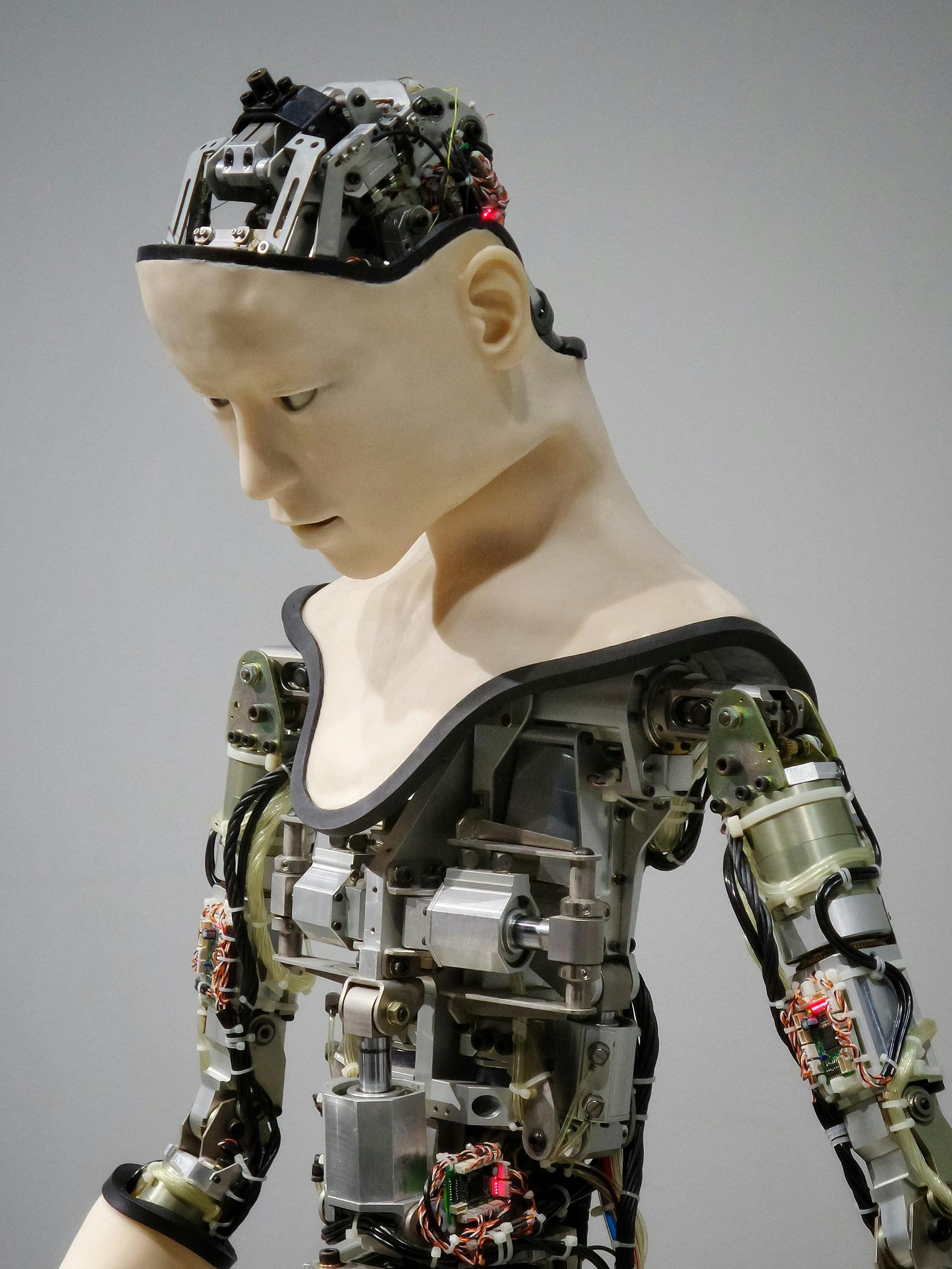Introduction
In our ongoing exploration of AI, we’ve delved into the radical realm of neural networks and pondered the ethical implications of conscious machines. Now, let’s embark on a new journey, focusing on the pivotal role of humanization in guiding the development of responsible AI.
Understanding Humanization in AI
Before we delve into the ethical nuances, let’s first grasp the concept of humanization in AI. Humanization involves infusing AI systems with qualities that mirror human traits, fostering a harmonious interaction between technology and humanity.
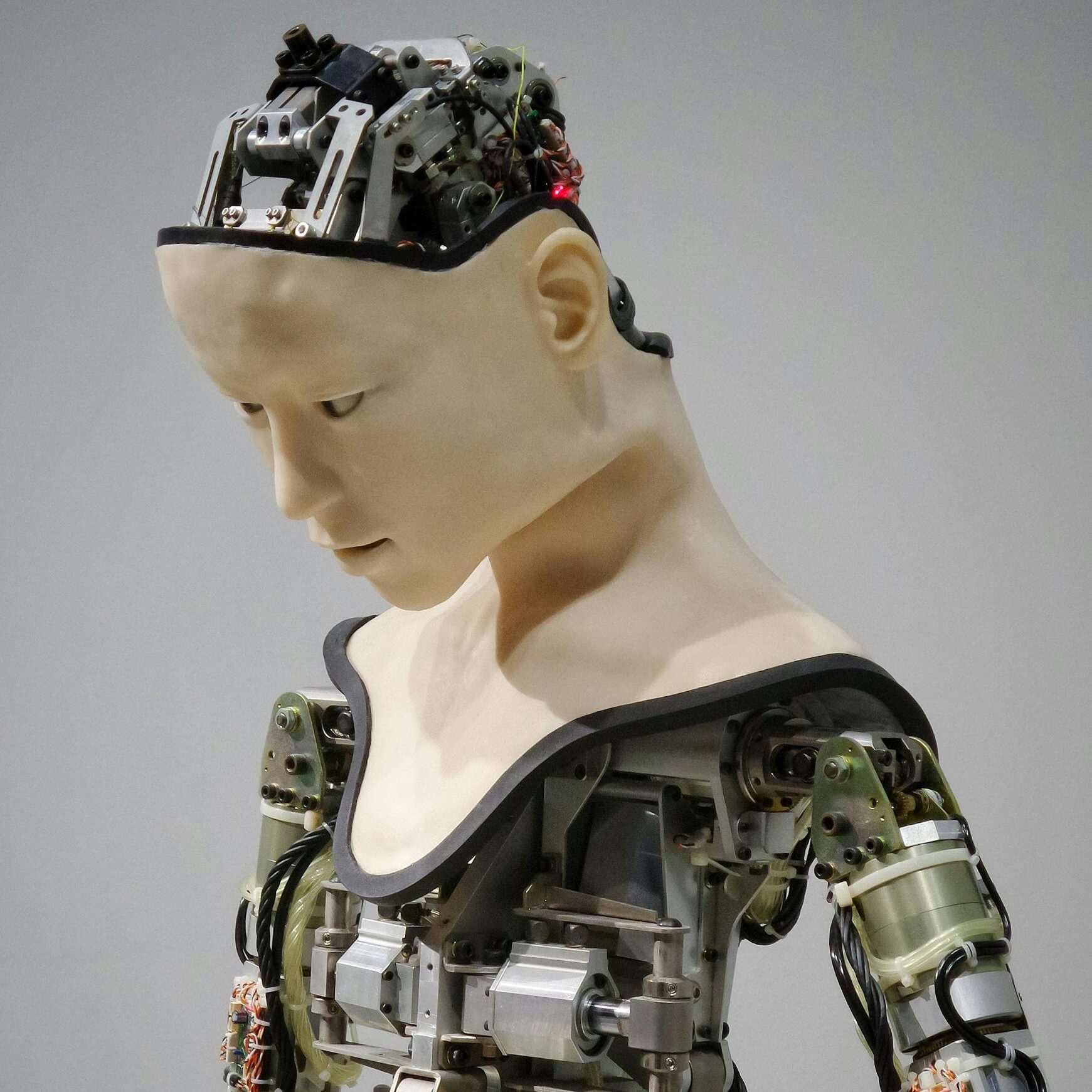
The Essence of Ethical AI Development
Humanizing AI is at the core of ethical development. It involves imbuing machines with values, empathy, and a sense of responsibility. The goal is to create AI systems that align with human values and contribute positively to society.
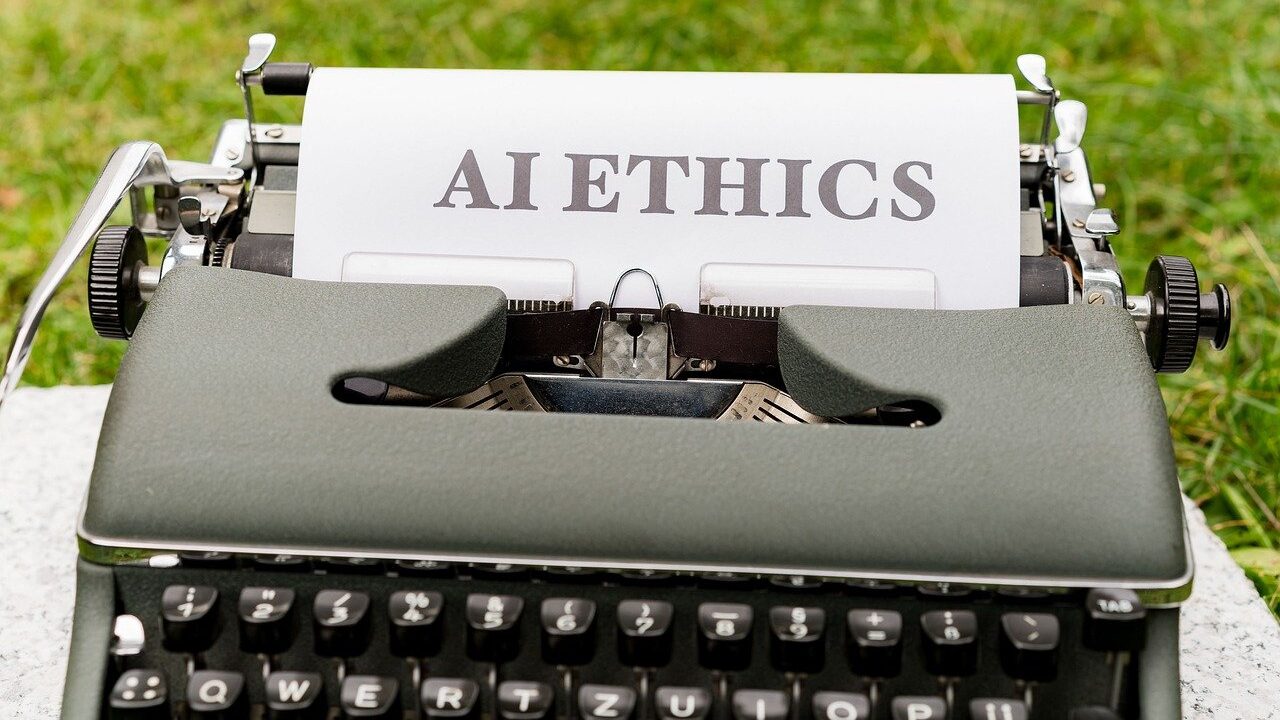
Balancing Innovation with Ethical Considerations
In the race for AI advancement, it’s crucial to strike a balance between innovation and ethical considerations. Humanization acts as the compass, guiding developers to create AI that not only pushes boundaries but does so responsibly.

Responsible AI in Practice
How can we put the concept of responsible AI into practice? This section explores practical applications, emphasizing the need for transparency, explainability, and user empowerment.
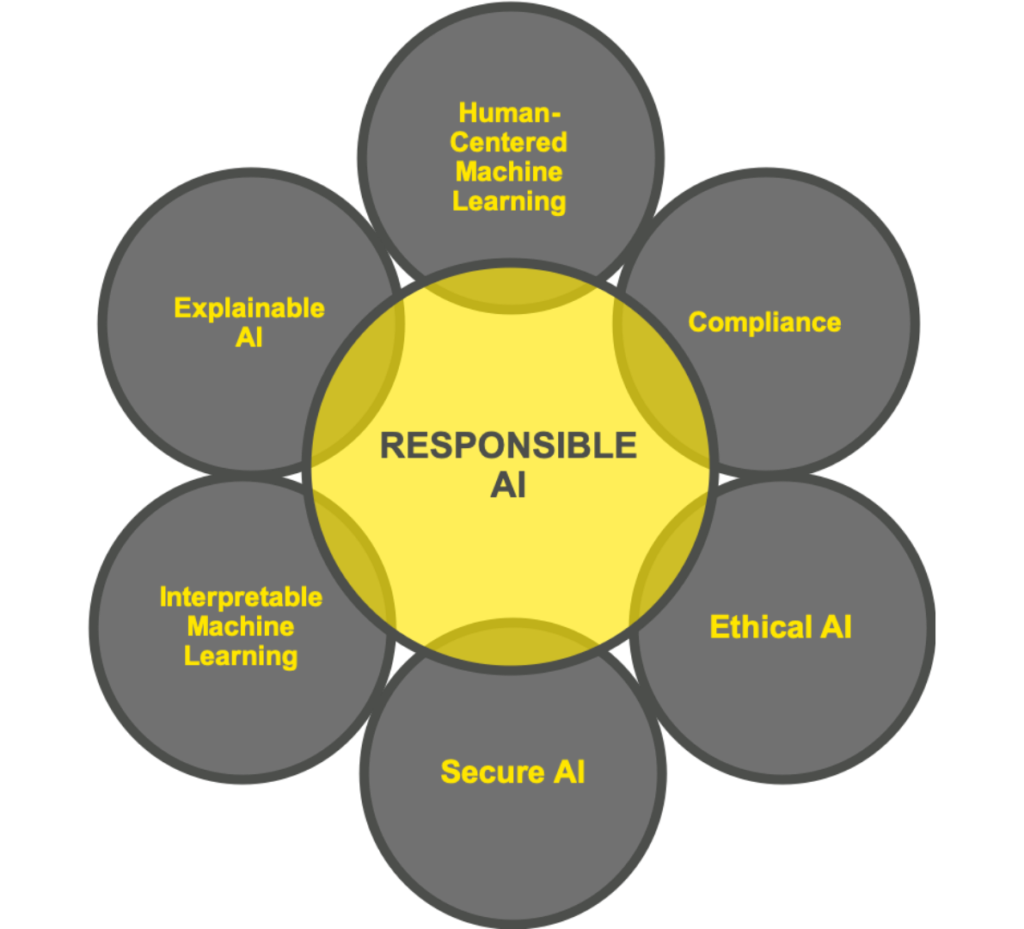
Image Source: Responsible AI Overview | H2O.ai
Transparent AI Systems
Transparency is a cornerstone of responsible AI. Users should have a clear understanding of how AI systems operate and make decisions. This promotes trust and accountability.

Explainable AI
The “black box” nature of AI algorithms can be unsettling. Humanizing AI involves creating systems that can explain their decisions in a way that is understandable to humans.

User Empowerment
Empowering users in their interaction with AI is a key aspect of humanization. This involves giving users control over AI-driven experiences, ensuring that technology serves humanity rather than the other way around.

The Human Role in AI Development
While AI systems are becoming increasingly autonomous, the human touch remains indispensable. This section explores the ongoing collaboration between humans and machines in AI development.
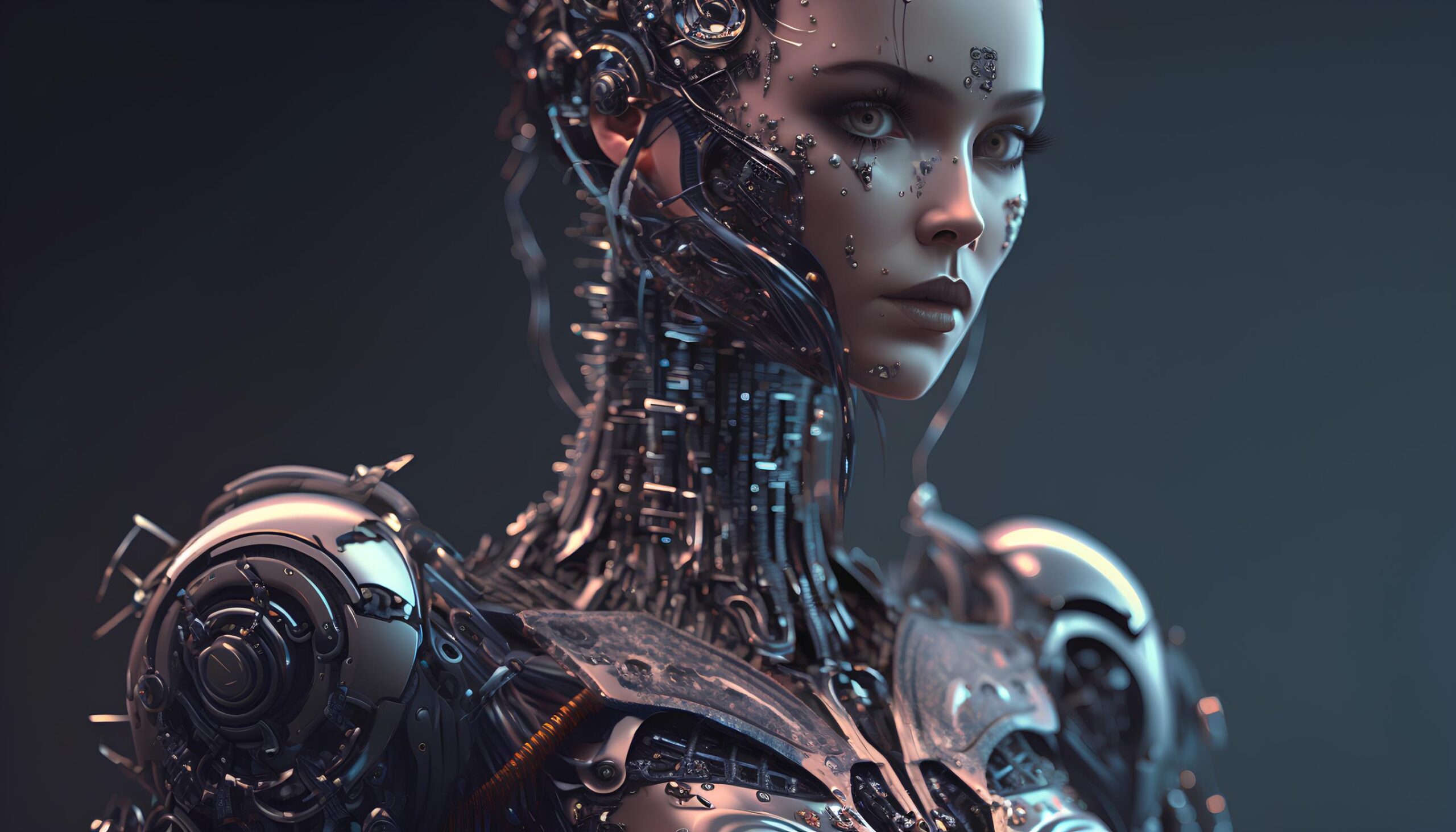
AI as a Tool, Not a Replacement
Humanization asserts that AI should be viewed as a tool to augment human capabilities, not as a replacement. This perspective ensures that technology enhances our lives rather than diminishing.

Diverse Perspectives in Development
A diverse range of perspectives is vital in AI development to prevent biases and ensure inclusivity. Humanization calls for collaborative efforts that bring together people from different backgrounds and experiences.
Building Trust in AI
Trust is the bedrock of successful AI integration into society. Humanization focuses on fostering trust through transparency, accountability, and a shared responsibility between developers, regulators, and users.
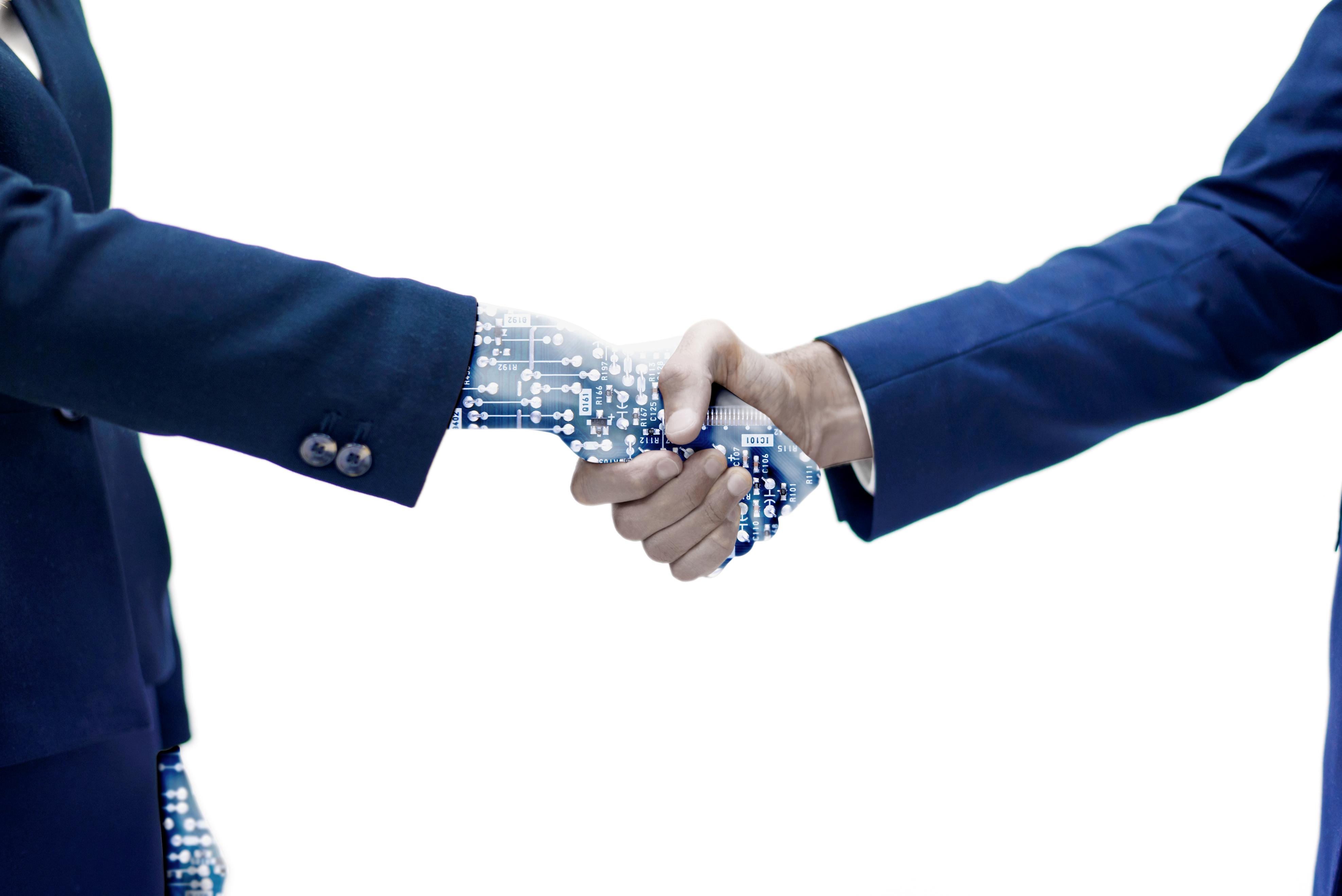
Conclusion: Embracing the Human Element in AI
In our quest for responsible AI, the human touch emerges as the guiding force. Humanization acts as the moral compass, steering us towards a future where AI not only advances technologically but does so in harmony with human values and ethical considerations.
This blog has explored the concept of responsible AI humanization, emphasizing its importance in ethical development. The provided images are curated to enhance the narrative, ensuring a unique and engaging exploration of this crucial aspect of AI evolution.

